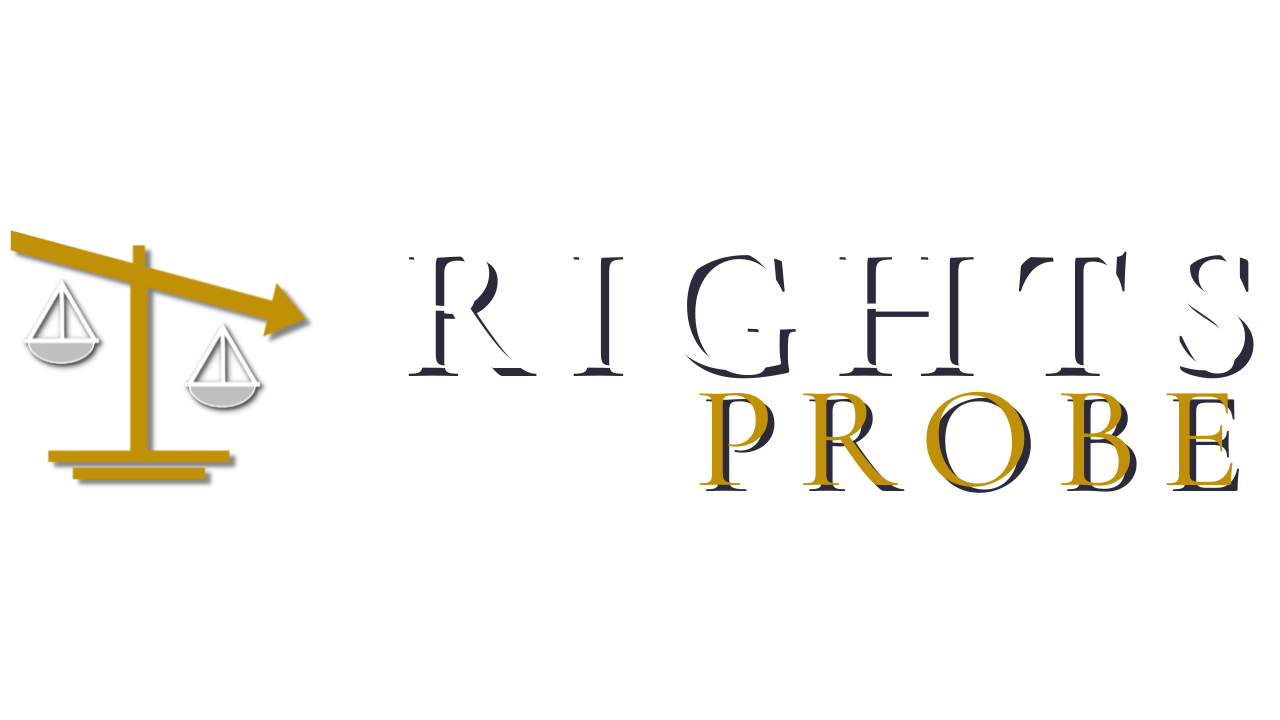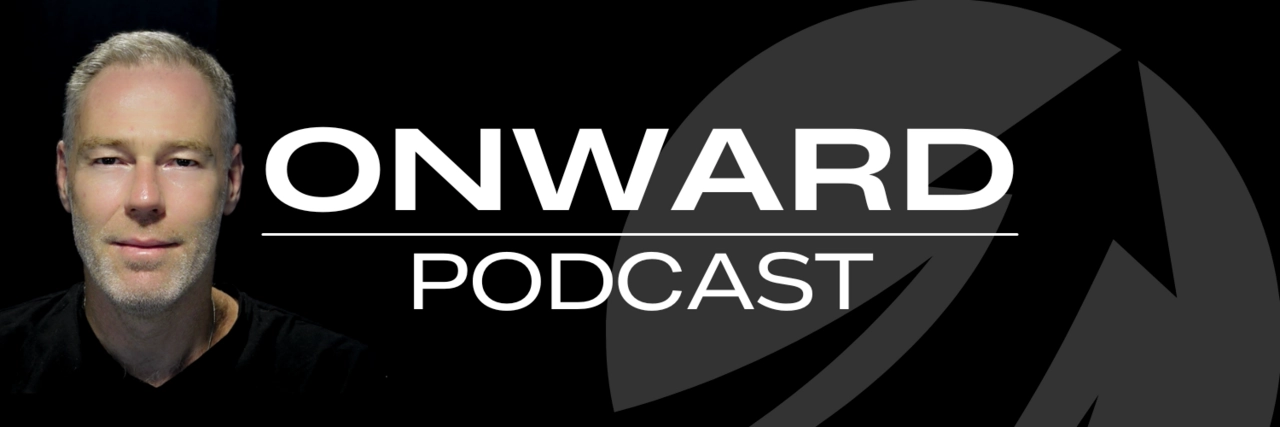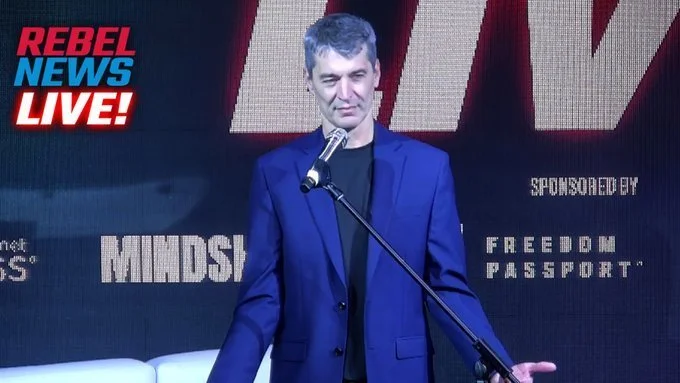WATCH & LISTEN - ARCHIVES
Canada’s Cold War
A media presentation by Professor Bruce Pardy, Kate Wand, and William Gervais.
The 1972 eight-game Summit Series between Canada and what was then the USSR has been described as a game for the ages and "the most transformative hockey series ever played," according to Canadian goalie legend Ken Dryden.
The series began seemingly as a friendly exhibition contest (albeit during the Cold War). However, after the first game and Team Canada's unexpected loss to the Soviets, the play became more than the stake of national pride: Team Canada was fighting for our way of life against an adversary who sought to tear it down.
When winger Paul Henderson's winning goal in the final game lifted Canada to victory, his puck seemed to set in motion a domino momentum that would ultimately lead to the dissolution of the Soviet Union in 1991. At the time, it really did feel like the western desire for freedom had triumphed over the Soviet-era desire for control.
In 2024, we can see that clash between adversaries — freedom and collectivism — remains far from played out. The puck is on the ice and so are we.
This time the struggle has moved from without to within and is turning our team against us: that is, our leaders and fellow citizens who appear to believe that Canada should be a socialist country. But something prevents us from grasping the gravity of this capture.
Law professor and executive director of Rights Probe, Bruce Pardy, points to our disbelief as "one of socialism's most potent weapons."
"In its Canadian campaign," he says, "we are apt to rationalize that the trends in this country do not portend actual socialism, but instead constitute merely a gloss on our unshakeable foundations of free market liberalism. Unfortunately, that is not what the evidence suggests."
"Canada's Cold War" takes us inside the struggle of Canada 52 years on from Henderson's victorious puck to reveal the new shape of an old foe as the clock strikes down towards the prospect of our defeat and the loss of our freedom, our flourishing, and our possibilities for greatness.
Hush Little Citizen, Don’t Say a Word: Guest host Dr. Julie Ponesse invites Professor Bruce Pardy to explore the topic of rights and why more of them won't lead to greater freedom. The conversation leads in to telling others how to live, why we need to stop, and how to break out of our culture of silence.
Professor Bruce Pardy joins host Brett Hawes to unpack Bill C-63 (the Online Harms Act), its potential impact, where it aligns to global trends in digital governance, and how it will land in terms of individual freedoms. This episode is available as a podcast and in video form.
For key points, view the discussion map here. A full transcript is also provided.
The Andrew Lawton Show | True North
Big business and capitalism are not synonymous, explains Professor Bruce Pardy, who looks at the trend of company officers and directors to prioritize stakeholder capitalism and ESG, thus exposing shareholders to interests or ideas that they never signed on to invest in. This discussion is based on the latest National Post article by Prof. Pardy, available here, on the betrayal of capitalism by corporate Canada. With the passage of Bill C-59, corporate Canada is fast discovering the folly of having endorsed climate hysteria and managerial government. The conversation also covers another piece by Prof. Pardy on the biomedical state: governing society through the lens of public health.
Grey Matter: Canada's Legal System Dysfunctional? | Bruce Pardy
Part One: Law professor and executive director of Rights Probe, Bruce Pardy, reveals why a Canadian court wants access to your health records. What does this mean for your privacy? Are we still protected by the law or is the opposite happening? Prof. Pardy and host of Grey Matter, Leighton Grey, unpack what's happening with the legal system in Canada and why courts are refusing to hear or side with cases involving the pandemic.
Grey Matter: Liberal VS Conservative Way of Thinking
Part Two: Professor Bruce Pardy (a classical liberal) and Grey Matter host, Leighton Grey (a conservative), discuss the rights of the individual through the lens of their respective viewpoints.
Professor Bruce Pardy's opening remarks to the Standing Committee on Environment and Sustainable Development [Meeting No. 110 ENVI, May 30, 2024]: "If your objective was to prevent Canadian businesses from succeeding in the global economy, how would you do it? Here are some ideas." Auto-generated transcript available via YouTube.
Professor Bruce Pardy discusses his latest essay for C2C Journal on the usurpment of rule of law by the managerial state, in Canada as well as other liberal democracies. What does this mean for liberty? Listen in (Prof. Pardy’s segment begins at 27:01).
Read the C2C Journal essay here: Canada’s Constitutional Mistake
Rule of Law or Rule by Law
Professor Bruce Pardy's speech at Rebel News LIVE! Toronto 2024 illuminated several fundamental principles of governance and law, particularly the concept of the rule of law versus rule by law, and the importance of individual freedom. His critique of the government's handling of civil liberties during the COVID-19 pandemic serves as a backdrop to his broader argument about the erosion of the rule of law and the encroachment on individual freedoms. The rule of law is a principle under which all members of a society, including those in government, are considered equally subject to publicly disclosed legal codes and processes. It is a cornerstone of liberal democracies, ensuring that laws are clear, fair, and applied equally to all citizens. Prof. Pardy argues that during the pandemic, governments, including Canada's, deviated from this principle by implementing measures that were not clearly defined, were subject to change without notice, and were applied in ways that seemed to prioritize the government's objectives over individual rights. Separation of powers is another key element of democratic governance. This principle divides government into distinct branches (typically legislative, executive, and judicial) to prevent abuse of power. Each branch checks the powers of the others, ensuring a balance that protects individual rights and freedoms. Prof. Pardy suggests that during the pandemic, these branches were not effectively checking each other, leading to an environment where the government could exercise power with less accountability. Prof. Pardy’s discussion of freedom emphasizes the importance of individual autonomy, particularly in actions that do not harm others. This is a foundational liberal principle, arguing that as long as an individual's actions do not infringe upon the rights of others, they should be free to act as they choose. This principle is often tested when the actions in question are unpopular or controversial, highlighting the tension between personal freedom and societal norms or expectations. In posing the question about the limits of legal restrictions on private, consensual actions that do not harm others, Prof. Pardy challenges us to consider the extent to which government should be able to regulate personal behaviour.
This speech is available at the Rebel News website here [subscription only]
The Dr. Jordan B. Peterson Podcast: A flavorful and expansive conversation on freedom of speech hosted by Jordan Peterson with guests Professor Bruce Pardy of Rights Probe and Konstantin Kisin, a Russian-British satirist/author/podcaster. Through the lens of the Online Harms Act (C-63), the discussion travels back in time to revisit Bill C-16, to the shifting ground of today the rule of law flounders on. We may think we believe in Voltaire's dictum, "I do not agree with a word that you say, but I will defend to the death your right to say it," but we can see that this is not true in practice for many of us. How do we avoid tyranny when our desire for safety necessitates a managerial state and our loss of autonomy? Are we willing and able to accept that freedom isn't a safe ride and that some harm is a consequence of freedom and a price worth paying? To what extent should we be free? Join Jordan Peterson, Prof. Pardy and Konstantin Kisin as they explore the concept of freedom itself within the landscape of meaning we navigate as a society.
VIRTUE vs. FREEDOM
Livestream Recording of the 2024 Rand Debate now available
The 2024 Rand Debate, co-hosted by Augustine College and First Freedoms Foundation, saw Queen's Law Professor Bruce Pardy debate Wilfred Laurier’s Professor David Haskell on the topic of virtue vs. freedom, inspired by an article Prof. Pardy wrote published by the Brownstone Institute: Freedom and Virtue: Friends or Enemies?
According to Prof. Pardy (a freedom person), "virtue people" believe societal flourishing necessitates governments whose first responsibility is the promotion of virtue. Prof. Haskell argues the evidence supports the prosperity created by virtue that reflects Judeo-Christian values and tradition. Prof. Pardy, however, points to individual autonomy as the primary accomplishment of the West, an accomplishment unique to western civilization. Freedom, he says, is the absence of coercion and individuals must determine the meaning of virtue for themselves. Prof. Haskell argues that if the public sphere is an ideological vacuum, an ideology of some sort will move in to fill it. Governments, to that end, serve as virtue signallers.
No winner that night was declared. There was no vote to decide.
The greater takeaway is: which type of person are you? What sets the stage for a life of meaning and discovery? What do we need to evolve as individuals and as a community? Is there an objective good? If there was, would choice matter more? Discover for yourselves, what matters to you. Our society depends on it.



